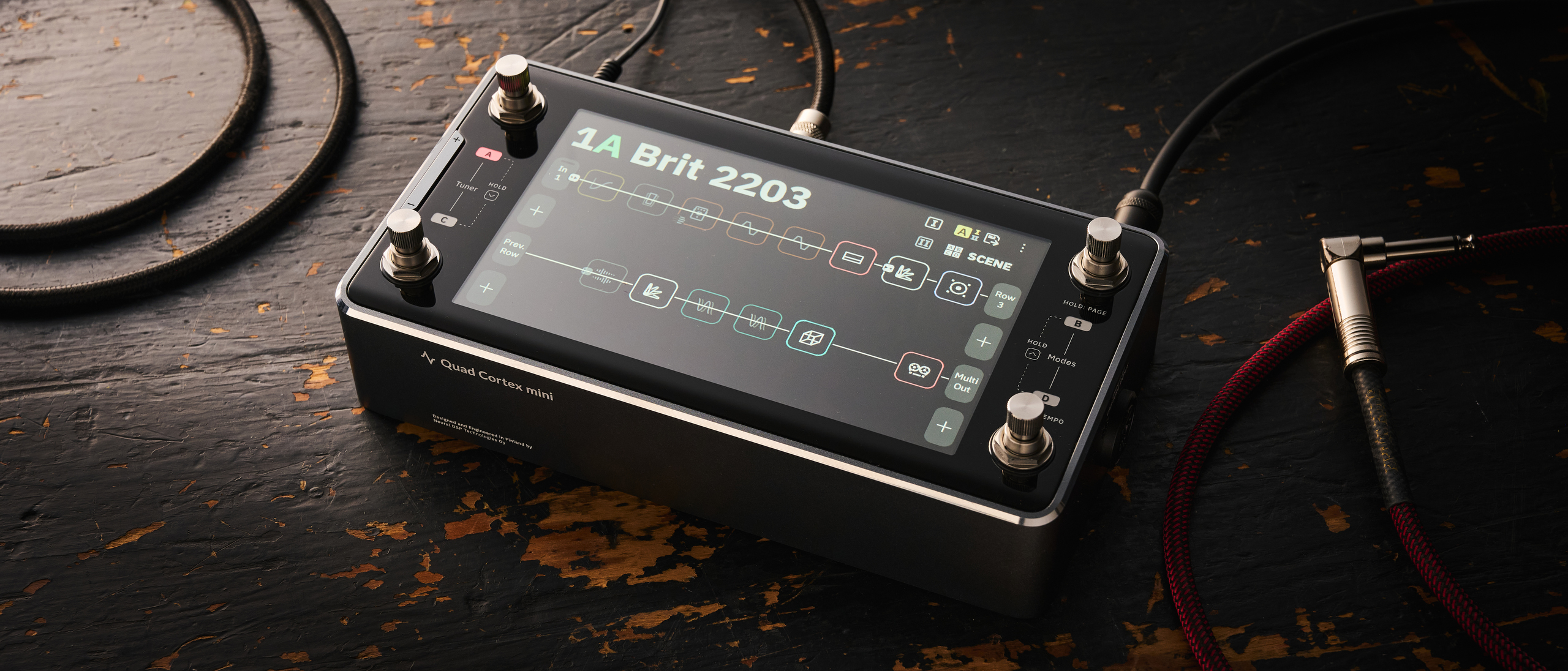
All the latest guitar news, interviews, lessons, reviews, deals and more, direct to your inbox!
You are now subscribed
Your newsletter sign-up was successful
As former Megadeth lead guitarist and a wondrously technical solo artist, Marty Friedman has established himself as one of the world's leading guitar virtuosos. But as it turns out, he isn't too keen on being labeled a “shredder”.
In a new interview with Kylie Olsson on her Life In Six Strings YouTube show, Friedman explains why he doesn't like being lumped into the category.
“There's a lot of people out there who just play really, really fast all the time, and to me, it just sounds like noise,” he says.
“Playing fast was interesting when I just picked up the instrument, but it certainly lost its interest quite quickly after you were able to do it... Now, it really has nothing to do with speed, whether it be slow, medium, fast or anything in between, because music is of all tempos.”
“But at the same time,” he continues, “if you love shredding and you think I'm a shredder and you love my music, we're bros. I still love you... You can call me anything, as long as you like the music.”
Elsewhere in the interview, he explains why being able to play slower phrases is a more accurate test of one's ability than playing fast.

“Playing slow is a thousand times more difficult than playing fast – it really, really is. It's where you can separate the men from the boys, so to speak... When you hear somebody play something slow, you can tell if they're any good right then and there; you can tell.
All the latest guitar news, interviews, lessons, reviews, deals and more, direct to your inbox!
“When you hear something fast – even eight-year-old kids can play really fast and really clean and really accurately. It's really an illusion, but it's the thing that keeps guitars selling. You've gotta have something that is like a holy grail for beginner people to get inspired by.
“So a lot of them hear this fast stuff and they're like, ‘I wanna do that so bad.’ Okay. Now you've done it. You practiced for a couple of years. You've done it. Now what?”
The guitar wizard also explains that there's a difference between speed and difficulty.
“Sometimes things sound really fast because the choice of notes is so unusual that the notes go by and they make different clicks in your head when it's registering in your ears. If you play a succession of notes that people are used to hearing, you have to really play it fast – like 200 beats per minute – for it to sound fast...
“But if you do unusual groups of notes and unusual subdivisions of notes... it can be not even that fast at all and it'll just sound fast because so many things are going by that you're not used to; you're not accustomed to hearing these sequences of notes.”
Back in April, Marty Friedman released the third installment in his Tokyo Jukebox album series. In a new Guitarist interview, he detailed the process of choosing Japanese pop songs for six-string reinvention.
“[The tracks] are all very different from the originals but still retain all the essential motifs of the original song,” he explains. “Doing that and also trying to make it sound like an original of mine is a challenging thing.
“I make demos of a bunch of songs; some work and some don’t. When one does, I approach the artist, manager or publisher to get the rights to cover it.
He continues: “I put a lot of emphasis on things that may not have been obvious about the originals, but you have to do that sort of thing when you're taking the place of a vocalist; you have to replace the vocals with something that will hold the listener equally as much.”
- Marty Friedman's Tokyo Jukebox 3 is out now via The Players Club / Mascot Label Group.
Sam was Staff Writer at GuitarWorld.com from 2019 to 2023, and also created content for Total Guitar, Guitarist and Guitar Player. He has well over 15 years of guitar playing under his belt, as well as a degree in Music Technology (Mixing and Mastering). He's a metalhead through and through, but has a thorough appreciation for all genres of music. In his spare time, Sam creates point-of-view guitar lesson videos on YouTube under the name Sightline Guitar.

